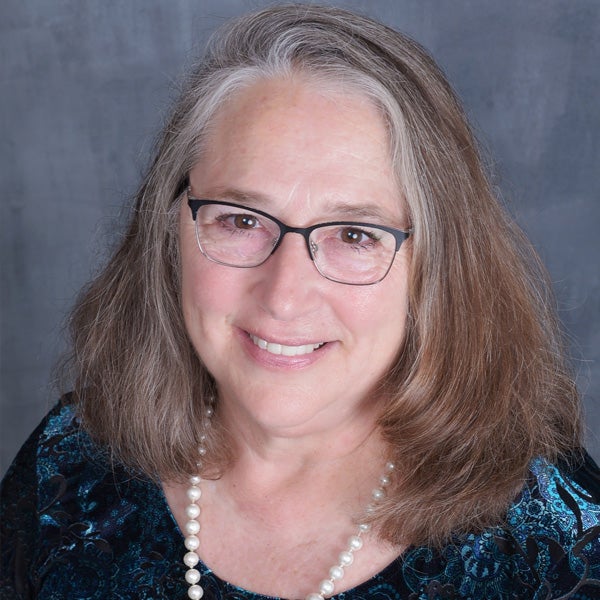Katherine Ensor is a leading expert in applying computational and statistical analysis to help build resilient and adaptive communities. Efforts have included tracking and forecasting issues in public health, community analytics, environmental statistics, and computational finance.
In May 2020, she began establishing and implementing the statistical system for assessing the pertinent health information from wastewater samples for SARS-CoV-2 and variants of concern. Through Houston Wastewater Epidemiology, this scope has been expanded to include up to 29 communicable illnesses.
From 2016-2022, Ensor led the Kinder Institute Urban Data Platform (UDP), a secure data repository and an analytical computing environment that provides research-ready urban data for the Greater Houston Area. The platform facilitates cross-disciplinary research and community studies to advance knowledge and information about Houston's people, government, and built environment. UDP studies have provided information on COVID-19, evictions, flooding impacts and more.
Ensor has been a faculty member of Rice’s Department of Statistics for over 35 years. Her research is highly cited and has been published in 110 journal publications. In addition to developing statistical techniques to answer large-dimension problems in public health and environmental science, she specializes in the application of time-series data to analyze problems in finance. She is the director of Rice’s Center for Computational Finance and Economic Systems (CoFES).
She was chair of Rice’s Department of Statistics from 1999 to 2013. During this time, she was instrumental in many initiatives that are active today, such as the joint Ph.D. program with MD Anderson supported by an NIH T32 Training Program in Cancer Biostatistics and Bioinformatics, the Professional Master in Statistics (MStat), the curriculum for the MStat specialization in Quantitative Finance and Risk Analytics, and the successful undergraduate minor in Financial Computation and Modeling (FCAM). She has directed CoFES since 2002.
Ensor has a strong history of service to the statistics, applied sciences and engineering communities. She is chair of the National Academies hoc committee Frontiers of Statistics in Science and Engineering: 2035 and Beyond, a member of the Board of Trustees for the National Science Foundation (NSF) Institute for Pure and Applied Mathematics (IPAM) and serves as chair of Section U (Statistics) for the American Association for the Advancement of Science (AAAS).
She recently served as the first statistician on the Computer Science Academic Board (CSAB) – an organization within the Accreditation Board for Engineering and Technology (ABET). She was a member of the Board of Trustees for the National Science Foundation (NSF) Institute for Pure and Applied Mathematics (IPAM) and a member of the National Academies Committee on Applied and Theoretical Statistics (CATS). Ensor was the 117th president of ASA, a three-year term from 2021-2023 that involved a one-year appointment as president-elect and past president.
Ensor has been recognized for her leadership, scholarship, and mentoring. She is a fellow of ASA, an elected fellow of the American Association for the Advancement of Science (AAAS), an International Statistical Institute (ISI) Elected Member, and a Fellow of the Royal Statistical Society (RSS). She received the American Statistical Association’s Founders Award in 2024 and was inducted in 2021 to the Texas A&M College of Science Academy of Distinguished Former Students.

